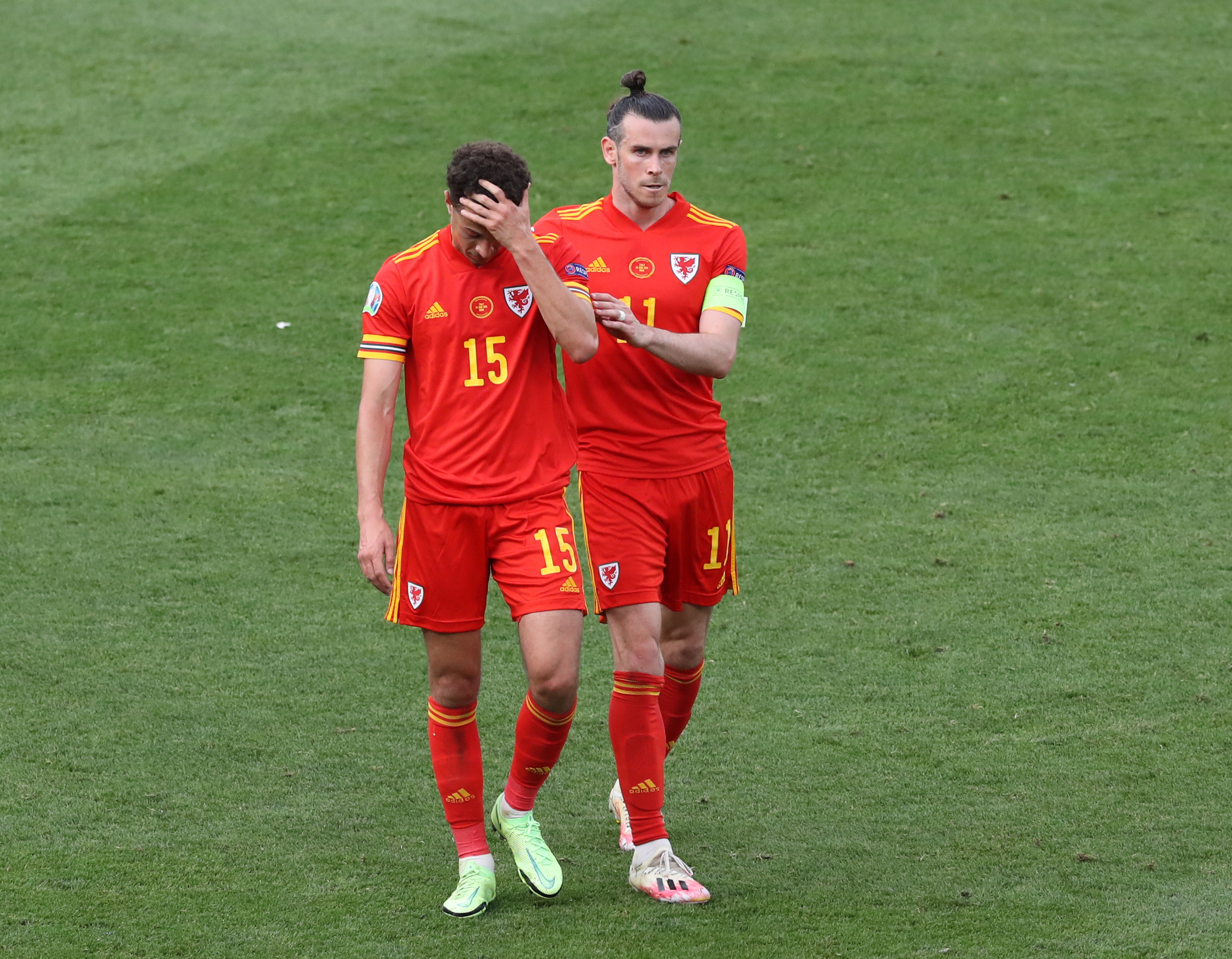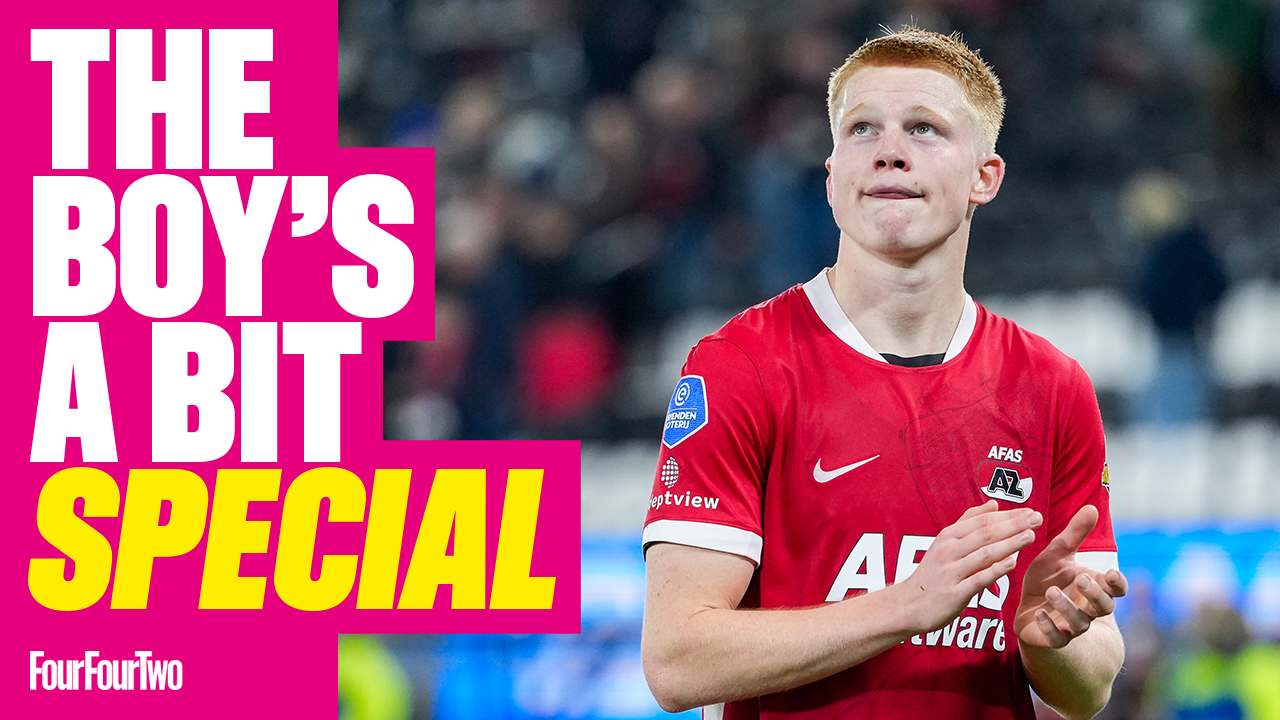Wales: Five things we learned from loss to Italy
Wales are through to the knockouts despite the 1-0 loss to Italy in Rome

Wales have reached the knockout stages of Euro 2020, despite a 1-0 defeat to Italy in Rome. Gareth Bale & Co. were forced to play with 10 men for much of the second half, following Ethan Ampadu's straight red card, yet still managed to put in a decent performance.
If they're to repeat the heroics of 2016 - a tournament in which the Dragons reached the semi-finals - they'll need to wisen up, however. Here are five lessons they need to take with them into the latter stages of the competition.
1. How long is your second string?
If there was any doubt that Italy are to be feared in this tournament, it was ended by a record 30th game unbeaten and, perhaps even more impressively, an 11th consecutive clean sheet. What’s more, they’d made eight changes to their starting XI.
When you’re able to parachute Marco Verratti – Man of the Match here – into one of the world’s best midfields, while finding room for other such reserve options as Messrs Belotti, Bastoni and Chiesa, you deserve respect. Roberto Mancini even made a goalkeeping substitution at the end, for goodness’ sake.
Wales, meanwhile, can call on greater depth than they’ve had in years, but starting League One’s Chris Gunter demonstrates the difference in levels (even if Gunter did nearly mark his 102nd cap with a first goal). There were three changes, as Wales switched from 4-2-3-1 to 3-4-3: in came Gunter and Neco Williams, who both had difficult games down the left as two of an all-right-footed back five, and with them, Ethan Ampadu...
2. Ampadu learns a harsh lesson

The 20-year-old’s tackle on Federico Bernardeschi was late but not malicious; the yellow card it warranted, however, took on a darker hue. Yet in one way, it wasn’t surprising.
Watching Ampadu tackle is not dissimilar to watching a shark attack his prey: he waits, and waits, then strikes with speed and force. Here, both speed and force let him down. It often works – he stopped two or three Italians in their tracks, and had a nice success rate of 69% in last season’s Premier League – but when it doesn’t, he gives the referee a decision to make.
The best features, fun and footballing quizzes, straight to your inbox every week.
3. Italians hot on the press
The best Italian press outside of La Gazzetta gave Wales very few opportunities to get Dan James & Co. one-one-one with Azzurri defenders. Aaron Ramsey was playing as a false nine yet dropped into his own half at one point, so thirsty was he for the ball.
Though the hosts generously gave their visitors some free-kicks, few were in Italy’s defensive third, forcing Wales to start again from scratch. And when Italy’s midfield and forward lines did nick the ball, they were invariably in with a chance. The two Joes in Wales’ midfield, Allen and Morrell, were mostly impressive again but, in a midfield two facing a high-quality midfield three, ‘mostly’ isn’t enough. Italy punished them.
4. Wales can’t defend set-pieces
We didn’t learn this, so much as have it confirmed. Letting in soft goals from corners and free-kicks is not a new Welsh weakness, despite Rob Page – and Chris Coleman, come to that – having once played in defence.
The game’s only goal came when Matteo Pessina glanced/flicked/shinned in a low free-kick from the superb Verratti, meaning set-pieces accounted directly for both goals Wales conceded in Group A. The Azzurri exposed flaws both when Wales defend deep and when they keep a high offside line; Italy, home to the legendary Gianni Vio, simply set up their own Roman wall in an offside position and unsighted Danny Ward, to the extent that Bernadeschi also hit the post from one effort.
5. Rob writes his own Page in Welsh history

Considered by most bookies as the team least likely to qualify from Group A, Wales finished second. A convincing win over Turkey did the heavy lifting, but they showed great character first to come from behind and hold on against Switzerland, despite not playing well, and then to keep the losing margin in Rome to one goal, knowing that anything more could knock Cymru into the semi-lottery of third place.
Rob Page has earned plenty of credit, and shown he isn’t afraid to make bold calls. He did so in selecting the initial squad, taking an uncapped teenager at the expense of one or two fan favourites, and he did it again here – twice.
The first didn’t so much backfire as nearly blow up the car. Moving Ampadu forward a few yards to turn Wales’ 3-4-3 into a 4-3-3 made some sense on paper, but on the grass, both wing-backs – now full-backs – stayed high and neither Gunter nor Joe Rodon (otherwise brilliant, once again) adjusted their position accordingly, creating a huge gap in the centre of defence. It resulted in a booking for Joe Allen even before Ampadu received his red card.
Page’s second big call was huge in more ways than one. On the hour mark, with his side a goal down and a man down, Page brought on Kieffer Moore for Joe Morrell, giving Wales an extra 10 inches in height but one fewer body in midfield. Perhaps Page decided that Wales needed a draw and therefore an equaliser to assure their progress into the Last 16; more likely, he recognised the need for an out ball to relieve the pressure created by half an hour of Alamo defending. It worked, and it’ll be interesting to see what the knockouts hold for the tournament’s only tracksuit manager.
READ NEXT
WALES Euro 2020 squad profile: best player, manager and past Euros records
EUROS How do Wales follow their sensational showing of Euro 2016?
Huw was on the FourFourTwo staff from 2009 to 2015, ultimately as the magazine's Managing Editor, before becoming a freelancer and moving to Wales. As a writer, editor and tragic statto, he still contributes regularly to FFT in print and online, though as a match-going #WalesAway fan, he left a small chunk of his brain on one of many bus journeys across France in 2016.
 Join The Club
Join The Club





